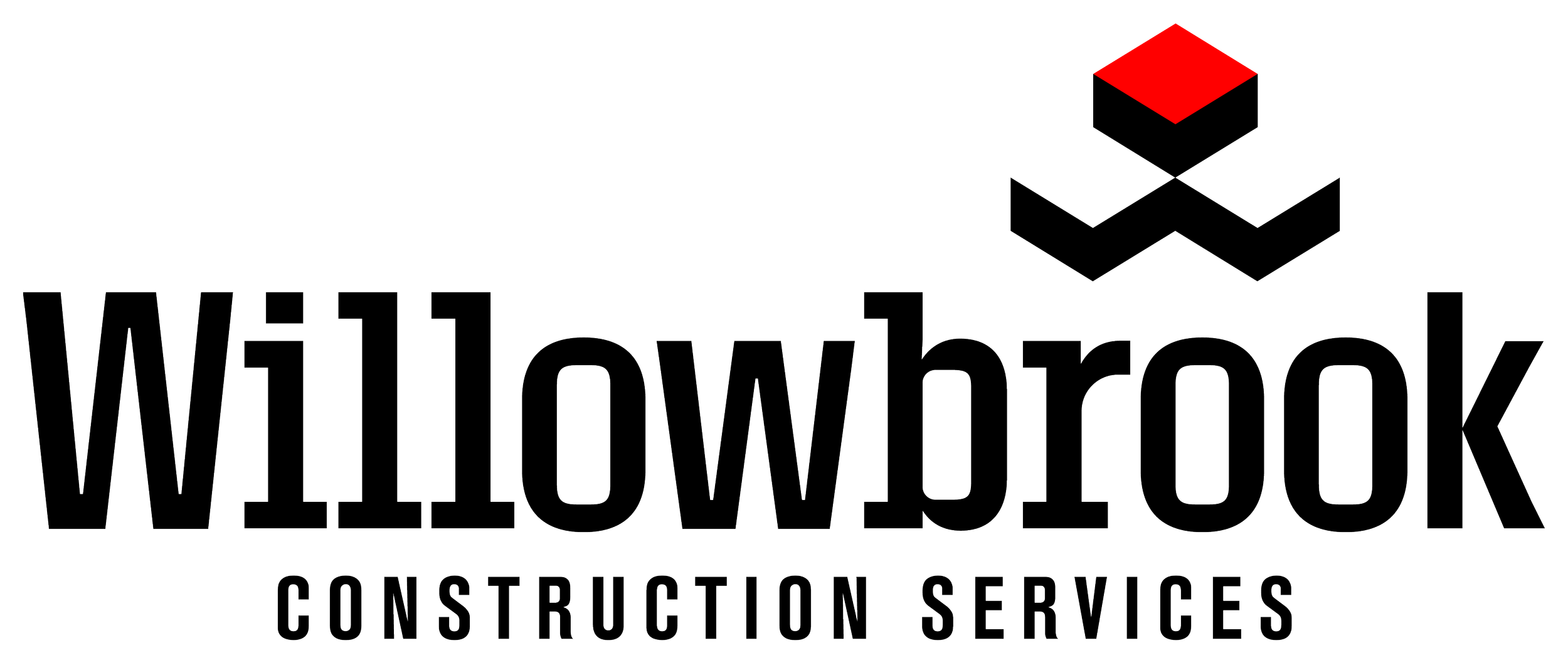Why the Construction Industry Will Emerge Stronger After the COVID-19 Pandemic
CMSWillowbrook is grateful to be operating as an essential business during the COVID-19 pandemic — but that doesn’t mean things have been “business as usual.” Far from it. We’ve made plenty of adjustments, have adopted new safety measures and are doing everything in our power to ensure the construction industry emerges stronger once this crisis has passed.
Our team recently chatted with CEO Cary DeHart and President Weston DeHart about the ways in which CMSWillowbrook is adjusting to this new normal and how many of our adaptations are here to stay.
Q: How have day-to-date operations changed to accommodate social distancing?
Cary: We’ve shifted bid openings to virtual meetings, and it’s gone really well. We have the owners on the video call, and all the bidders can watch, too. We open the bids and read them aloud, and everyone can see them and listen to the various bids for their particular package. Virtual meetings save time by cutting down on travel, so we’re considering keeping them up in the future even when in-person meetings resume.
Weston: Because of the pandemic and the ways we’ve had to adjust, technology adoption in the construction industry has moved forward many, many years. Before, meetings were 10% virtual and 90% in-person, but after this is over, I think we’ll see those percentages flipped. The normalization of video meetings has totally changed the way we operate and has allowed people in our industry to build personal relationships from a distance.
Q: Have you been conducting any other business virtually?
Weston: We’ve also moved our monthly meetings with projects managers and superintendents to a virtual format, and we’ve encouraged them to take everyone on a virtual tour of their job sites. There’s been real positive feedback over that, and people are actually getting to see more job sites than ever before through video.
Cary: I feel like we’ve communicated better on our projects, from upper management to project managers and superintendents, and they’ve communicated better with their clients and subcontractors. Virtual communication has helped us be more engaged with the projects and our people. It’s all about communication. If we keep our clients, architects, subcontractors and suppliers informed, they’ll naturally feel more at ease during this situation.
Q: What new safety measures have been put in place on job sites?
Weston: Well, I never thought I’d be purchasing 50-gallon drums of hand sanitizer! We also learned to fabricate our own hand-washing stations using big water barrels and spickets — literally engineering our own hand-washing stations with soap and everything. When COVID-19 passes, these new safety measures are here to stay.
Cary: We also make sure people on job sites maintain a distance of at least six feet, of course, and we encourage the use of masks if two people must work together closely as a team.
Weston: Besides protecting against the spread of COVID-19, masks also help guard against dust inhalation. I think our team is more likely to use them on all job sites moving forward.
Q: Have you seen any new trends emerge in the industry as a result of the crisis?
Cary: Drone inspections have been around, but I think they’ll become even more prevalent. It’s sometimes hard to get inspectors out to jobsites due to scheduling issues. Drone inspections allow for video recordings even without an inspector on the job site.
Q: Are there any positive things which have come about from this difficult situation?
Cary: The virus is a reminder the world is evolving around us. It’s a living thing, and we must try to hit every curve ball that’s thrown our way. We’re going to get through this, and we’re going to learn from it. There’s a lot of negatives, but it’s important to try to think about the positives.
Weston: Our family has been gathering around the dinner table more, so to speak, because of the lack of activities we all have to get to. It’s been positive to enjoy more time with my family. But also, CMSWillowbrook employees have come together as a family and are proving we’re all in this together. Adversity often brings out the best in people and helps to strengthen relationships. I’m proud of the way we’ve shifted our operations and what we’ve accomplished in the midst of this crisis.




